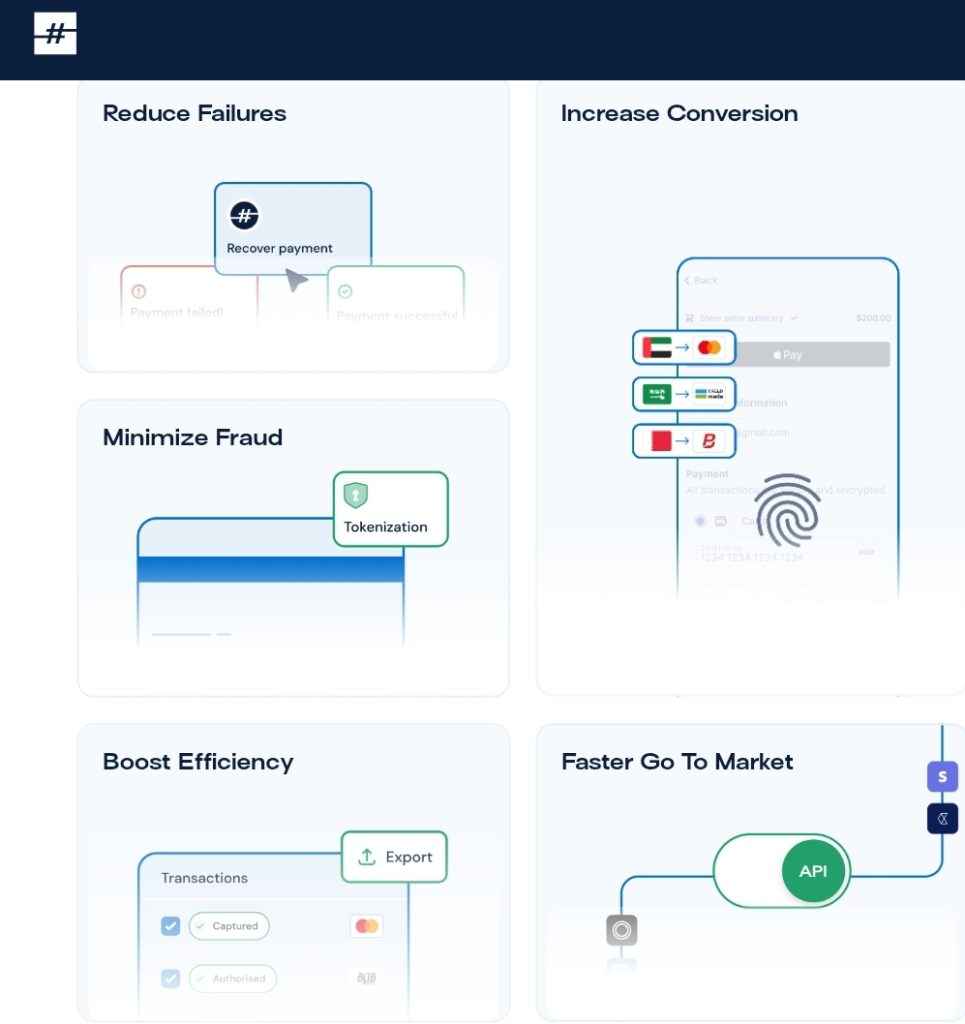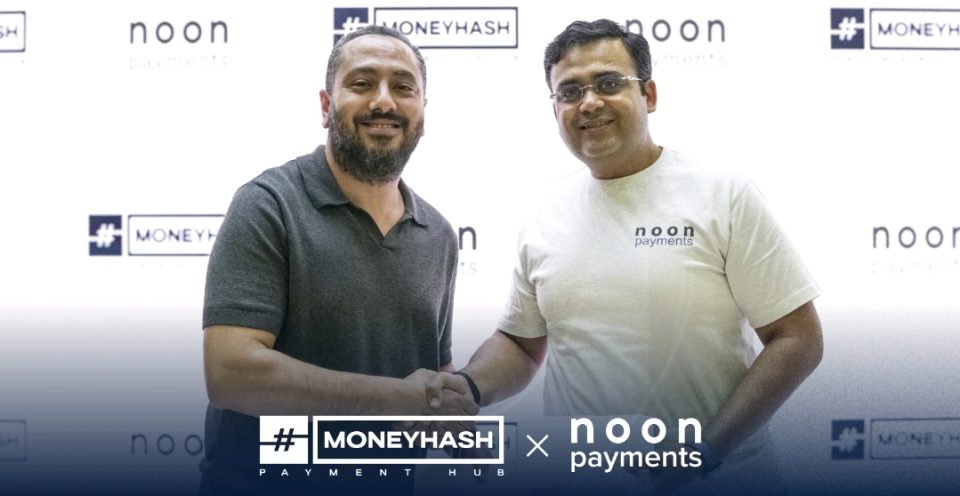MoneyHash and Noon Payments: A Game-Changing Alliance for Middle East Digital Commerce
The Middle East and Africa’s payment ecosystem just witnessed a transformative moment. Furthermore, on September 10, 2025, MoneyHash and noon payments announced a strategic collaboration that promises to reshape how businesses handle digital transactions across the region. This partnership addresses one of commerce’s most persistent challenges: payment infrastructure fragmentation. Moreover, it signals a new era of streamlined, locally-optimized payment solutions for businesses operating in the GCC and beyond.
The Partnership That Promises to Transform MEA Commerce
MoneyHash, the region’s pioneering payment orchestration platform, has joined forces with noon payments to create something remarkable. Additionally, this alliance enables businesses to access key regional payment methods through a single, unified API connection. These include Mada, KNET, Benefit, Meeza, and Omannet – the essential payment rails that define commercial success across Saudi Arabia, UAE, Egypt, Kuwait, and Oman.
Nader Abdelrazik, CEO of MoneyHash, emphasized the strategic importance: “MoneyHash’s orchestration technology bridges the gap between fragmented payment infrastructures and growing merchant needs”. Meanwhile, the collaboration leverages noon payments’ extensive regional coverage alongside MoneyHash’s sophisticated orchestration capabilities. Consequently, businesses gain access to an integrated solution that simplifies operations, accelerates market entry, and significantly improves customer checkout experiences.
Understanding the Fragmentation Challenge in MEA
The MEA region presents unique complexities for businesses seeking to establish robust payment infrastructure. Furthermore, the International Monetary Fund characterizes MENA payment systems as highly fragmented, with each country maintaining distinct payment rules and regulations. This fragmentation creates substantial operational burdens that directly impact business performance and customer satisfaction.
Research reveals that companies operating with fragmented payment systems experience operational costs 15% higher than those using unified approaches. Additionally, businesses in emerging markets face payment failure rates three times the global average. Fraud rates and cart abandonment also exceed developed markets by over 20%. These statistics underscore the critical need for orchestration solutions that can transform payment complexity into competitive advantage.
The MEA payment gateway market, valued at $4.09 billion in 2025, is projected to reach $11.83 billion by 2030, growing at a CAGR of 23.65%. This growth reflects the urgent demand for solutions that address infrastructure challenges while capitalizing on digital transformation opportunities.
The Strategic Value of Payment Orchestration
Payment orchestration platforms serve as the central nervous system for modern commerce operations. Therefore, they enable businesses to manage multiple payment service providers through a single integration point. This approach delivers measurable benefits across several critical business dimensions.
Revenue optimization represents a primary advantage. Furthermore, businesses implementing payment orchestration experience 10-15% increases in revenue generation through improved transaction success rates and reduced payment failures. The technology also enables intelligent routing based on transaction characteristics, cost optimization, and reliability metrics.
Operational efficiency gains are equally significant. Moreover, orchestration platforms reduce go-to-market and development costs by up to 90% while streamlining backend operations across multiple payment providers. This efficiency translates directly into competitive advantages for businesses scaling across regional markets.
Customer Experience: The Hidden Driver of Commercial Success
Payment methods directly influence conversion rates in ways that many businesses underestimate. Additionally, research demonstrates that businesses see average increases of 12% in revenue and 7.4% in conversion when offering additional relevant payment methods beyond basic card options. Digital wallets prove particularly effective, with Apple Pay integration showing average conversion increases of 22.3%.
Regional payment preferences significantly impact customer trust and purchasing behavior. Furthermore, in markets like Saudi Arabia, up to 75% of online transactions historically occurred through cash-on-delivery methods. While digital adoption is accelerating rapidly, local payment method availability remains crucial for building customer confidence and reducing cart abandonment.
Payment failures impose substantial costs on businesses and customers alike. Moreover, failed payments cost the global economy approximately $118.5 billion annually, with 40% of consumers abandoning purchases when payments fail. In the MEA region, fees represent 75% of failed payment costs, making prevention strategies particularly valuable.
The Noon Ecosystem: A Powerhouse Partner
Noon represents one of the Middle East’s most successful digital commerce stories. Furthermore, founded in 2016 by Mohamed Alabbar with $1 billion in initial funding, noon has evolved into a comprehensive digital ecosystem serving the UAE, Saudi Arabia, and Egypt. The platform offers over 20 million products through its marketplace while operating additional services including Noon Daily for groceries, Noon Food for restaurant delivery, and Noon Pay for digital payments.
Noon payments emerged as the digital payment gateway arm of this ecosystem, designed to streamline transactions for businesses and consumers across the region. Additionally, the platform’s extensive acquiring network provides MoneyHash partnership clients with robust infrastructure for processing local payment methods efficiently and securely.
Mosam Gadia, SVP of noon payments, highlighted the collaboration’s significance: “Our collaboration with MoneyHash marks a transformative moment for merchants in the region”. Therefore, this partnership enables businesses to scale faster and smarter while accessing advanced payment services previously unavailable through single-provider solutions.

MoneyHash: Pioneering Payment Infrastructure Innovation
MoneyHash established itself as MEA’s first payment orchestration platform specifically designed for emerging market challenges. Furthermore, the company raised $5.2 million in pre-Series A funding in January 2025, bringing total funding to over $12 million since its 2021 founding. This investment supports continued expansion across the MEA region while developing advanced orchestration capabilities.
The platform’s processing volume increased 4x throughout 2024, with enterprise clients now representing over 35% of the customer base – a threefold expansion. Notable clients include Saudi’s first unicorn Tamara, cloud kitchen operator Kitopi, and e-commerce player Brands For Less. These partnerships demonstrate MoneyHash’s ability to serve sophisticated merchants with complex payment requirements.
MoneyHash’s comprehensive platform integrates with merchants’ existing payment providers while offering unified APIs for pay-in and pay-out operations. Additionally, advanced features include customizable checkout experiences, transaction routing with fraud prevention, recurring payments, virtual wallets, subscription management, and comprehensive reporting tools.
Market Dynamics and Growth Opportunities
The MEA digital payments market presents extraordinary growth potential. Furthermore, valued at $248.35 billion in 2025, the market is projected to reach $420.38 billion by 2030, representing an 11.10% CAGR. This growth is driven by rapid real-time payment rail rollouts across GCC countries and Egypt, government-backed cashless society mandates, and surging cross-border e-commerce activity.
Saudi Arabia exemplifies this transformation. Moreover, the Kingdom achieved its Vision 2030 target of 70% non-cash transactions two years early in 2023. E-payments now represent 79% of all retail transactions in 2024, a 12% increase over 2023. Real-time payment systems coupled with Mada, the domestic payment network, have accelerated digital payment adoption while building consumer confidence in electronic transactions.
The broader payment orchestration platform market reinforces these regional trends. Additionally, global market size exceeded $1.2 billion in 2023 and is projected to grow at approximately 19% CAGR through 2032. This growth reflects increasing demand for streamlined payment solutions that can handle diverse transaction types while maintaining security and compliance standards.
Regional Payment Methods: The Key to Local Success
Understanding local payment preferences proves essential for commercial success across MEA markets. Furthermore, each country maintains distinct payment ecosystems that reflect cultural preferences, regulatory requirements, and infrastructure capabilities.
Saudi Arabia‘s Mada network serves as the national payment backbone, facilitating debit card transactions at ATMs, POS terminals, and online stores. Additionally, integration with global networks like Visa and Mastercard enables broader acceptance while maintaining local control and compliance.
Kuwait’s KNET system, established in 1992, powers secure payments through ATMs, POS terminals, and online gateways. Moreover, the network supports debit card usage across retail outlets, government services, and e-commerce platforms, making it essential for businesses operating in the Kuwaiti market.
The UAE’s payment landscape has evolved from UAESWITCH to Al Etihad Payments, with innovations like the Jaywan domestic card scheme launched in February 2025. Furthermore, the Aani instant payment platform, rolled out in 2023, accelerates digital payments and financial innovation across the Emirates.
Bahrain’s BENEFIT network handles ATM withdrawals, POS payments, and electronic fund transfers, including real-time transactions through the Electronic Fund Transfer System. Additionally, Oman’s OmanNet provides similar capabilities, linking local banks to support comprehensive payment services nationwide.
Customer Experience Revolution Through Unified Access
The partnership’s most significant impact lies in transforming customer experiences across the region. Furthermore, businesses can now offer preferred local payment methods in each market without managing multiple integrations or compliance protocols. This capability addresses a critical pain point that has historically limited regional expansion opportunities.
Payment method availability directly correlates with conversion rates and customer satisfaction. Moreover, research indicates that offering multiple payment options prevents cart abandonment by creating streamlined checkout experiences. Digital wallets, local payment schemes, and BNPL options have gained particular traction among younger consumers who expect flexible, convenient payment alternatives.
The Middle East’s young, tech-savvy population drives demand for seamless payment experiences. Additionally, with over 50% of the population aged under 25 and smartphone penetration exceeding 80%, consumers increasingly expect efficient digital payment solutions. Government initiatives supporting financial inclusion further accelerate adoption of electronic payment methods across all demographic segments.
Operational Excellence and Cost Optimization
Payment orchestration delivers substantial operational benefits that extend beyond customer-facing improvements. Furthermore, businesses using unified platforms experience significant reductions in administrative complexity, manual reconciliation requirements, and system maintenance costs.
The partnership enables faster go-to-market deployment for new payment options while streamlining backend operations and improving transaction approval rates. Additionally, intelligent routing capabilities optimize transactions based on cost, reliability, and performance criteria, directly impacting profitability and operational efficiency.
Integration complexity represents a major challenge for businesses expanding across multiple markets. Moreover, traditional approaches require separate integrations for each payment provider, creating ongoing maintenance burdens and technical debt. Payment orchestration eliminates these challenges by providing unified access through single API connections.
Fraud Prevention and Security Enhancement
Security considerations become increasingly critical as digital payment volumes grow across the region. Furthermore, the partnership incorporates advanced fraud detection systems leveraging artificial intelligence and machine learning to identify and prevent fraudulent transactions. These capabilities prove essential in markets where digital payment adoption is accelerating rapidly.
Compliance requirements vary significantly across MEA jurisdictions, creating additional complexity for businesses operating regionally. Additionally, the unified platform ensures adherence to local regulations while maintaining security standards that protect sensitive payment data. This approach reduces compliance burdens while maintaining trust between businesses and their customers.
Future Implications and Strategic Outlook
The MoneyHash-noon payments partnership represents more than a tactical alliance – it signals a fundamental shift toward integrated payment ecosystems across the MEA region. Furthermore, as businesses continue expanding across multiple markets, demand for orchestration solutions will accelerate exponentially.
Government initiatives supporting digital transformation create favorable conditions for continued growth. Moreover, Saudi Vision 2030, Egypt Vision 2030, and similar programs across the region prioritize digital payment infrastructure as essential components of economic diversification strategies.
The success of this partnership will likely inspire additional collaborations between payment orchestrators and regional payment providers. Additionally, as competition intensifies, businesses that fail to modernize their payment infrastructure risk falling behind competitors who leverage unified, optimized solutions.
Building Tomorrow’s Payment Infrastructure Today
The strategic alliance between MoneyHash and noon payments demonstrates how thoughtful partnerships can address complex market challenges while creating value for all stakeholders. Furthermore, by combining regional expertise with advanced orchestration technology, the partnership enables businesses to focus on growth rather than payment infrastructure complexity.
For merchants across Saudi Arabia, UAE, Egypt, Kuwait, and Oman, this collaboration unlocks immediate opportunities to enhance customer experiences while reducing operational costs. Additionally, the unified approach to payment orchestration transforms a traditional cost center into a strategic advantage that supports sustainable business growth.
As the MEA region continues its rapid digital transformation, partnerships like this one will define the commercial infrastructure that powers tomorrow’s economy. Moreover, businesses that embrace orchestration solutions today position themselves to capitalize on the extraordinary growth opportunities that lie ahead in one of the world’s most dynamic markets.
The partnership between MoneyHash and noon payments represents a pivotal moment in MEA’s digital commerce evolution – one that promises to benefit businesses, customers, and the broader regional economy for years to come.

